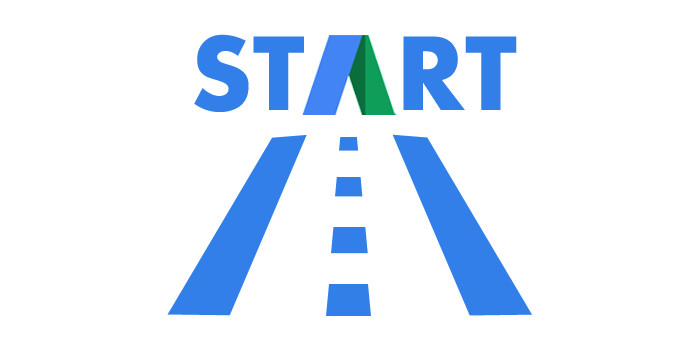Tips to Prepare Your Site for Paid Search Marketing
In a traditional marketing campaign, clients usually just care about getting more sales, leads, sign-ups or conversions. But with paid search marketing, you’ll have the ability to find your ideal customers and reach them at a scale in the most cost efficient manner possible. Unlike other marketing tactics, search marketing can provide transparent and measurable signals that you can harness to help you find the highest value audience and tweak it to get the highest return on investment.
Search Marketing Joe can help you reach these audiences in the right contexts using our paid search marketing services so that you can engage with your clientele at the moments that matter.
But before diving into the world of paid search, here are some tips to get the most out of your campaigns:
Make sure that your site is built to convert.
The efforts of a great fisherman who provides quality fish will be wasted if you have a bad sushi chef (this analogy was inspired by the documentary ‘Jiro Dreams of Sushi’). I am just implying that you should make sure that your site is the best that it can be to accept new customers.
Everything in your website should work seamlessly to direct your visitors into what you want them to do. If you are unsure that you are maximizing your site’s ability to convert, we can help you out by running a conversion rate optimization and landing page audit on your site.
Your site should comply with Ad Policies
Not everyone can make use of paid search marketing platforms for their business. Adwords and Bing, each have their own advertising policies that prohibit certain content from displaying over their network. It’s better to confirm first if your site is compliant with these policies and verify if they are eligible to run beforehand, rather than having your ads disapproved or your entire account flagged down in the long run. You can review their policies here: Adwords Advertising Policies, Bing Advertising Policies.
Website and Conversion Tracking
You should install Google Analytics, Adwords conversion tracking, and other appropriate tracking tags in your website before you start your campaign. This will ensure that you can follow paid ad clicks into and through your site, right up to the point of sign-up, download or a sale.
If you don’t track conversions, you won’t be able to tell if search marketing is a viable advertising platform for your business. You should take this further by adding a conversion value if you are not in the Ecommerce niche. This should allow you to optimize bids effectively to account for ROAS or ROI.
![]()
To make things easier, we recommend implementing a Google Tag Manager container snippet on websites that will simplify tag tracking, management, and implementation.
Start Small then Scale Up
When it comes to search marketing, everything should start out small except for the number of ad copies for your campaigns (You should make at least 3 ad variations for every ad group and measure each performance).
Small budget. Start with a small budget and set an end date for your campaign. This would ensure that your jaw won’t drop upon seeing your billing statement showing that you bought a significant number of clicks that didn’t bring you business.
Small keyword list. Create a small group of relevant words or phrases that you will target. Not all possible keywords that relate to your business can bring you conversions.
Small Area. Location target should be set into a smaller area, especially if you sell a local service. Expansion of location targeting should be done when the campaign have reached a profitability level that justifies it.
Ensure that 3rd party managers are reputable
Third party partners and managers can help you save time in regularly optimizing your campaigns. They can range from a lone consultant or a freelancer to a large advertising agency. When looking for one, make sure to check their certification or look for an accredited partner badge which gives you an idea that they follow the best practices and their clients maintain a healthy business.
Comments are closed.

